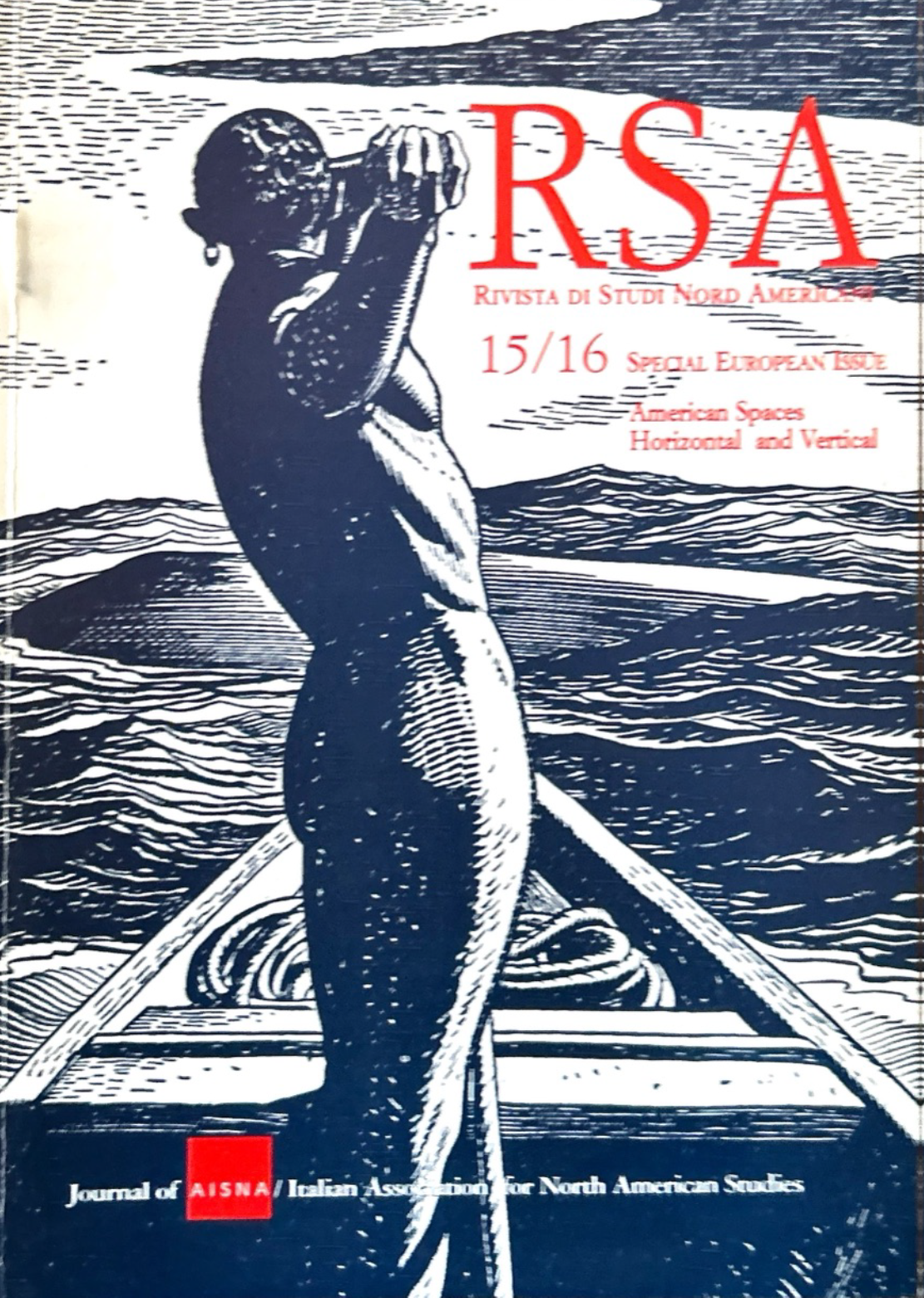The Rise and Fall of Womanhood
Ideal and Reality in Women's Status and Experience in the Colonial Low Country
DOI:
https://doi.org/10.13135/1592-4467/8809Parole chiave:
womanhood, colonial low country, women's status, reality, idealAbstract
This essay explores the ways in which the ideal and reality of womanhood in the colonial Low Country shaped the contradictory status of women in Georgia and South Carolina, promoting their independence and empowerment and simultaneously undermining their capacity as women to fully exercise it. Historians have traditionally divided their analyses of colonial women between those who achieved a relative degree of social and economic independence (Elizabeth Anthony Dexter, 1931) and those who did not (Mary Beth Norton, 1988). This study suggests that such neat dichotomies fail to disclose the complexity of women's status and experience in colonial Georgia and South Carolina. In both colonies, white women were perceived as vulnerable and dependent on men; but they were also expected to work alongside them to build the socio-economic foundations of the Low Country. Women cleared land, bought and sold slaves, managed farms and established businesses. And contemporaries fully supported them in their endeavours. The ideal and reality of womanhood in the Low Country thus shifted between raising women's socio-economic status (vertically) and, concomitantly, retreating from the full implications of this by insisting on feminine codes of conduct and behavior that limited their scope of influence and power. By embracing women's active role in the family and market economy, however, Low Country society disclosed the limits of patriarchal ideology in maintaining women's powerlessness and dependency.
##submission.downloads##
Pubblicato
Fascicolo
Sezione
Licenza
Avviso sul Copyright
RSAJournal applica una licenza CC BY-NC-ND a tutti i suoi contributi. Questa licenza consente agli utenti di copiare e distribuire il materiale in qualsiasi supporto o formato solo in forma non adattata, per scopi non commerciali e a condizione che venga esplicitato/a l'autore/autrice dell'opera. CC BY-NC-ND include i seguenti elementi:
- BY: L'autore deve essere riconosciuto come tale.
- NC: Sono consentiti solo utilizzi non commerciali dell'opera.
- ND: Non sono consentite opere derivate o adattamenti dell'opera.
Gli autori che pubblicano con questa rivista accettano i seguenti termini:
- Gli autori conservano il copyright e tutti i diritti di pubblicazione per i loro contributi alla rivista.
- Gli autori concedono alla rivista il diritto di prima pubblicazione in base alla licenza internazionale Creative Commons Attribution-NonCommercial-NoDerivatives 4.0, che consente ad altri di condividere l'opera non modificata per scopi non commerciali a condizione che venga esplicitato/a l'autore/autrice dell'opera e la sede di pubblicazione iniziale (questa rivista).
- Gli autori sono in grado di stipulare accordi contrattuali separati e aggiuntivi per la distribuzione non esclusiva della versione pubblicata dalla rivista (ad esempio, per inserirla in una repository istituzionale o pubblicarla in un libro), con l'indicazione che il contributo è stato precedentemente pubblicato in RSAJournal.




